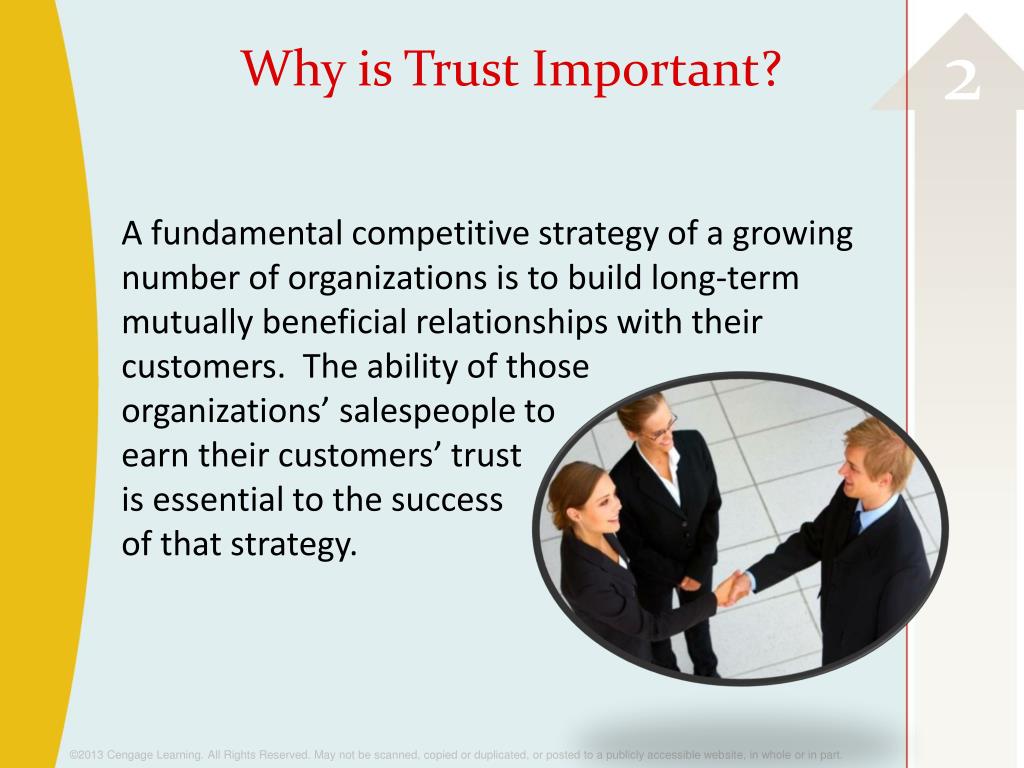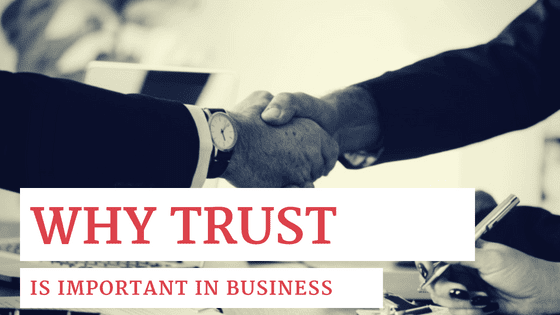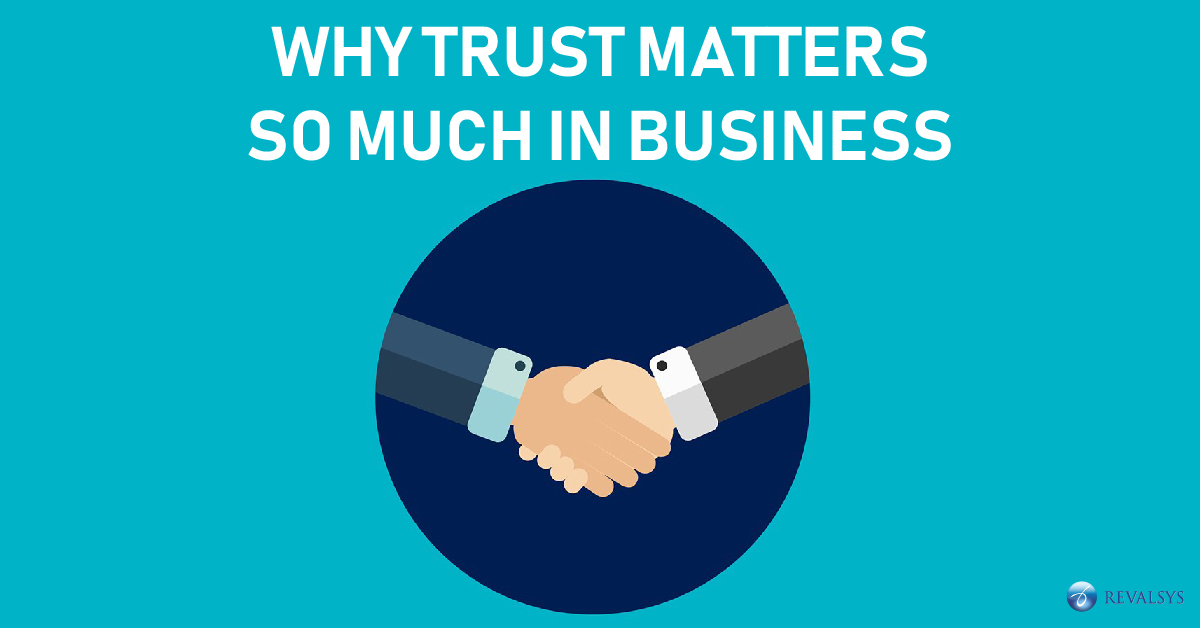Why Trust Is Important In Business
-5.png?width=1578&height=888&name=Why Business Transparency Yields Trust (And Why That Matters)-5.png)
In today's interconnected and rapidly evolving business landscape, trust has emerged as a cornerstone of success, influencing everything from customer loyalty to employee retention and overall financial performance.
But why is trust so vital, and what impact does it have on businesses and the broader economy? This article explores the significance of trust in the business world, examining its multifaceted benefits and potential consequences of its absence.
The Foundation of Strong Relationships
At its core, trust is the belief in the reliability, truth, ability, or strength of someone or something.
In business, this translates into customers believing in the quality of a product or service, employees believing in their leadership, and investors believing in the company's long-term vision.
When trust is present, it fosters stronger relationships with stakeholders, leading to increased customer loyalty, employee engagement, and investor confidence.
Customer Loyalty and Advocacy
Customers are more likely to purchase from and remain loyal to companies they trust.
According to a 2023 report by Edelman, 81% of consumers said that trust in a brand is a deciding factor in their purchasing decisions.
Furthermore, trusted brands are more likely to earn positive word-of-mouth referrals, turning customers into brand advocates who actively promote the company to their networks.
Employee Engagement and Retention
Trust within an organization is critical for attracting and retaining talented employees.
Employees who trust their leaders are more likely to be engaged, motivated, and committed to their work.
A 2019 study by the Society for Human Resource Management (SHRM) found that high-trust workplaces experience significantly lower turnover rates, increased productivity, and improved employee well-being.
Investor Confidence and Financial Performance
Trust plays a crucial role in attracting investors and securing funding.
Investors are more likely to invest in companies with a reputation for integrity, transparency, and ethical conduct.
A company's financial performance is directly impacted by its ability to build and maintain trust with investors, as it influences the company's valuation and access to capital.
The Cost of Mistrust
The absence of trust can have devastating consequences for businesses.
Scandals, ethical breaches, and instances of corporate misconduct can quickly erode stakeholder confidence, leading to financial losses, reputational damage, and legal repercussions.
The Volkswagen emissions scandal, for example, resulted in billions of dollars in fines and a significant decline in the company's stock price, highlighting the significant financial impact of trust erosion.
Building and Maintaining Trust
Building trust is an ongoing process that requires consistent effort and commitment from all levels of an organization.
Transparency, open communication, ethical leadership, and a commitment to delivering on promises are essential ingredients for fostering a culture of trust.
"It takes 20 years to build a reputation and five minutes to ruin it. If you think about that, you'll do things differently," said Warren Buffett, emphasizing the importance of safeguarding trust at all costs.
Organizations can cultivate trust through various initiatives, including implementing robust ethics and compliance programs, promoting diversity and inclusion, and engaging in corporate social responsibility (CSR) activities.
By prioritizing trust, businesses can create a more sustainable and resilient foundation for long-term success.
Looking Ahead
As the business environment continues to evolve, the importance of trust will only continue to grow.
In an era of increasing transparency and heightened scrutiny, companies that prioritize trust will be best positioned to thrive and navigate the challenges of the future.
By investing in trust, businesses can build stronger relationships with stakeholders, enhance their reputation, and create a more sustainable and ethical business environment for all.


















